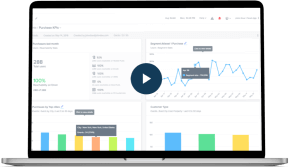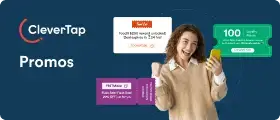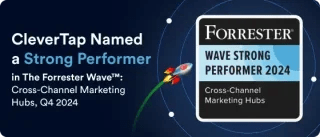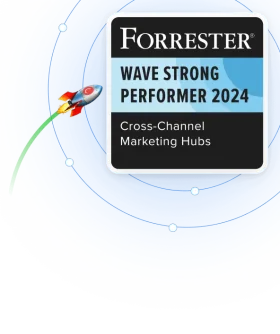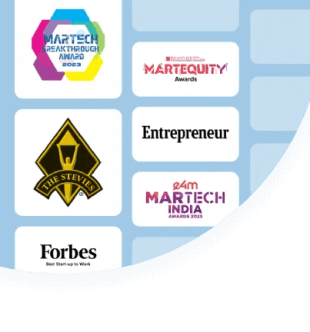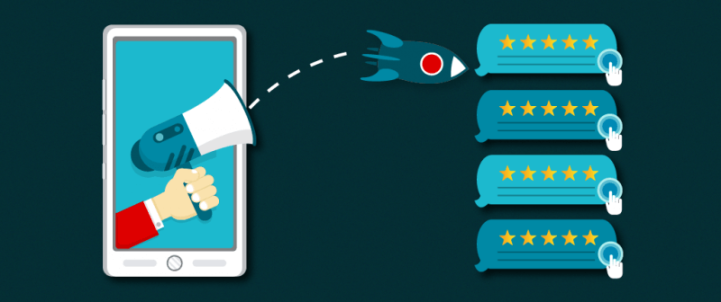Push notifications are all about bringing users back into your app. You have to be creative enough to stand out among all the other notifications users receive — and persuasive enough to convince them to act.
And when you’ve only got 150 characters to do it due to push notification character limits, every word counts.
We know you have to choose your push notification messages carefully. That’s why we compiled a list of 250+ power words that will improve your user engagement, CTRs, and retention.
We analyzed across 11 billion push notifications and 25,000 campaigns, along with recent studies on behavioral psychology and user behavior, to find these 250+ power words that lead to an improved push notification CTR.
Categories
Power Words for Retail & Ecommerce Apps
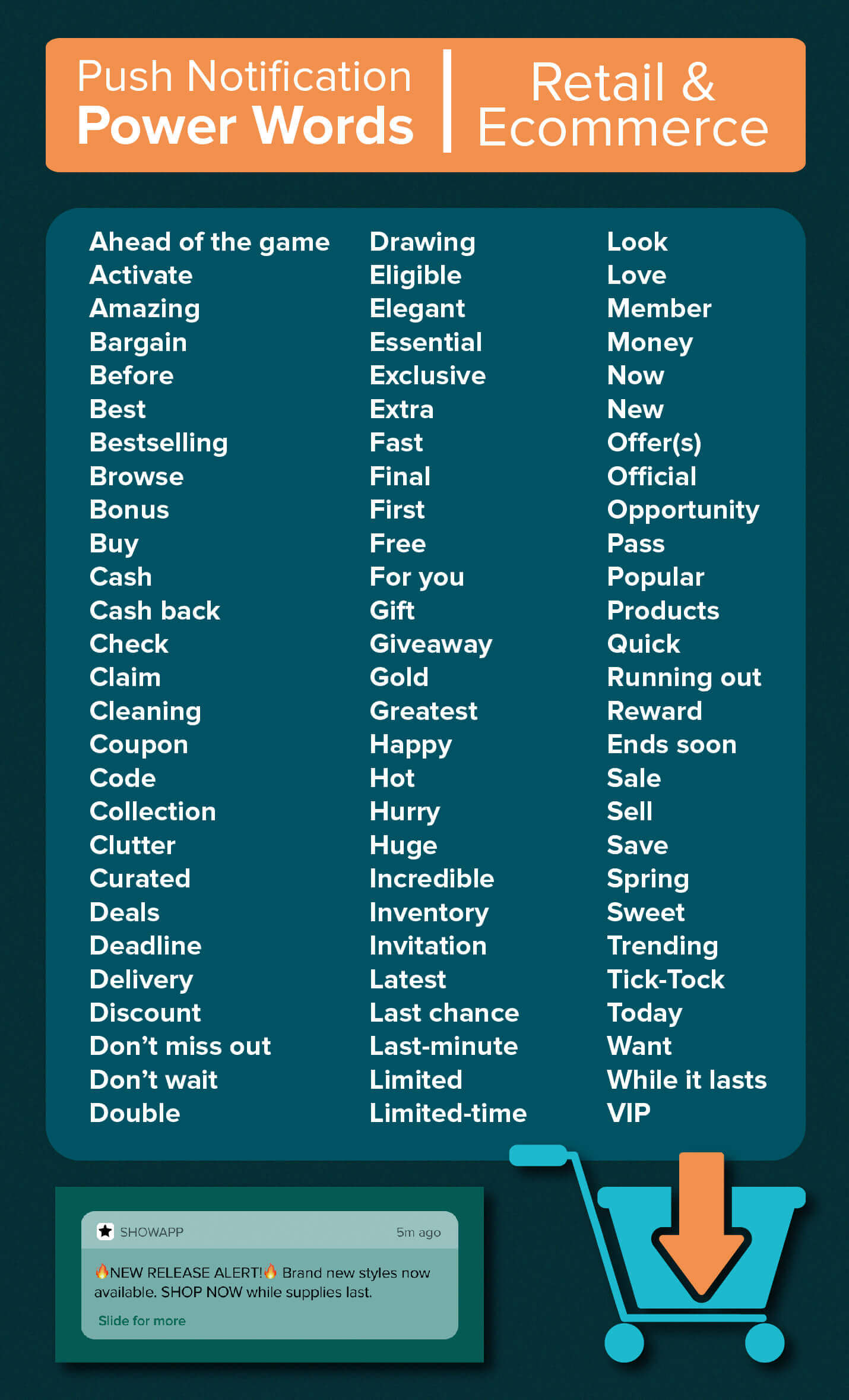
Research shows that vanity is a key driver in purchase decisions. Everyone wants to feel good about themselves, and products that make us feel attractive or successful are difficult to resist.
Make your push notifications persuasive by tapping into a well-known principle of social psychology called social comparison theory.
This theory proposes that we’re constantly comparing ourselves to other people — and either feeling better or worse as a result.
Vanity, urgency, and exclusivity are powerful motivators. Encourage purchases by making users feel like they’re on the cutting edge of a new trend, savvy for nabbing a great bargain. Or by giving them privileged VIP access.
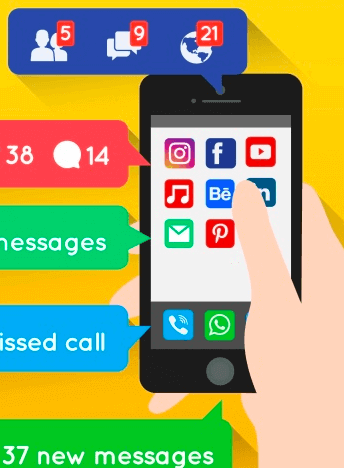
Push Notification Secrets from Today’s Top Mobile Apps
Power Words for Travel & Booking Apps
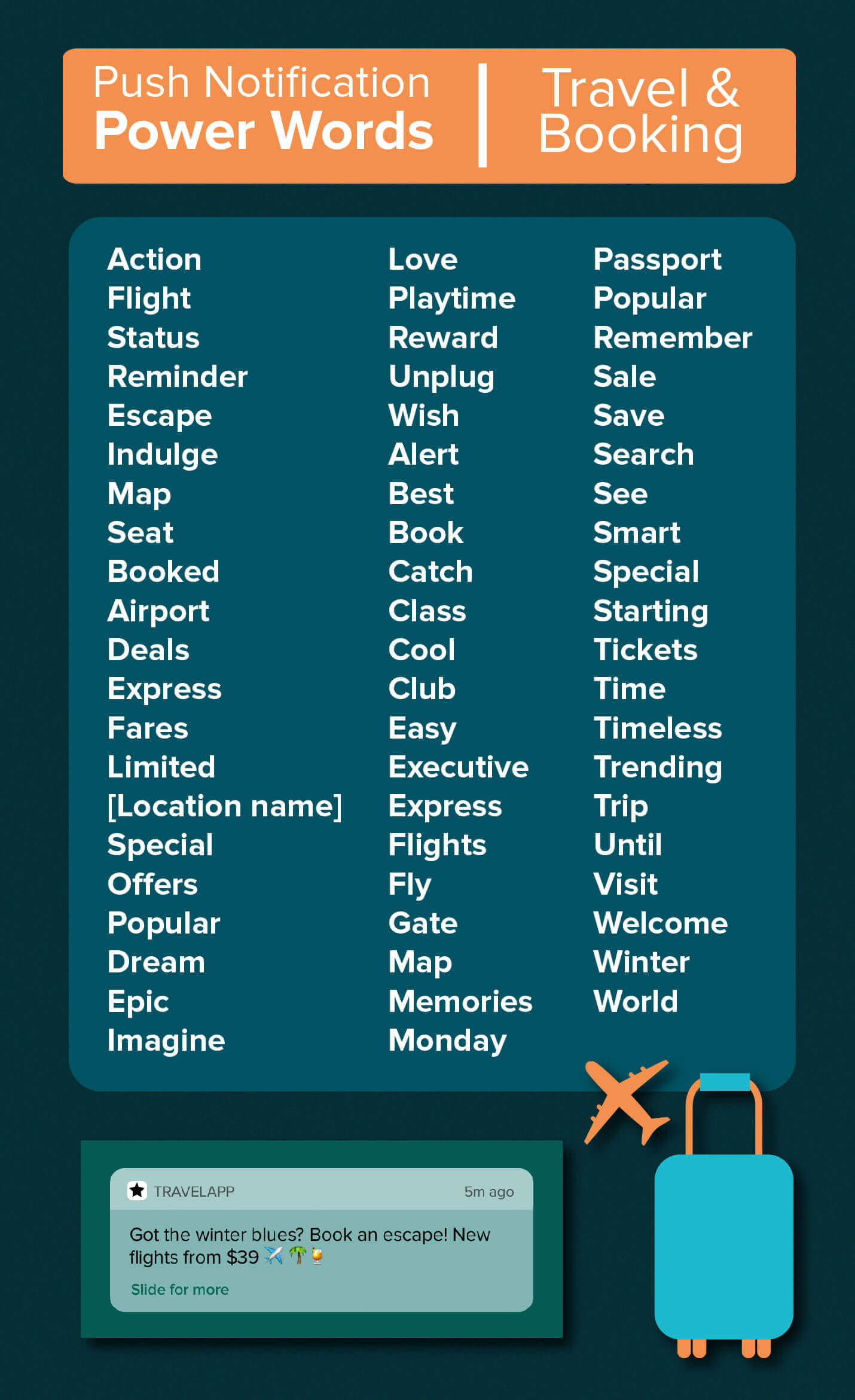
Did you know there’s a wanderlust gene?
Researchers have identified a derivative of the gene DRD4, which acts on dopamine levels in the brain. The gene is linked to curiosity, restlessness, and a propensity for taking risks.
Mobile marketers can appeal to their globetrotting user base by creating push messages that evoke that powerful sense of longing, adventure, or promise of novelty. Dopamine is, after all, the hormone that drives us to experience something new.
Power Words for Media & Publishing Apps
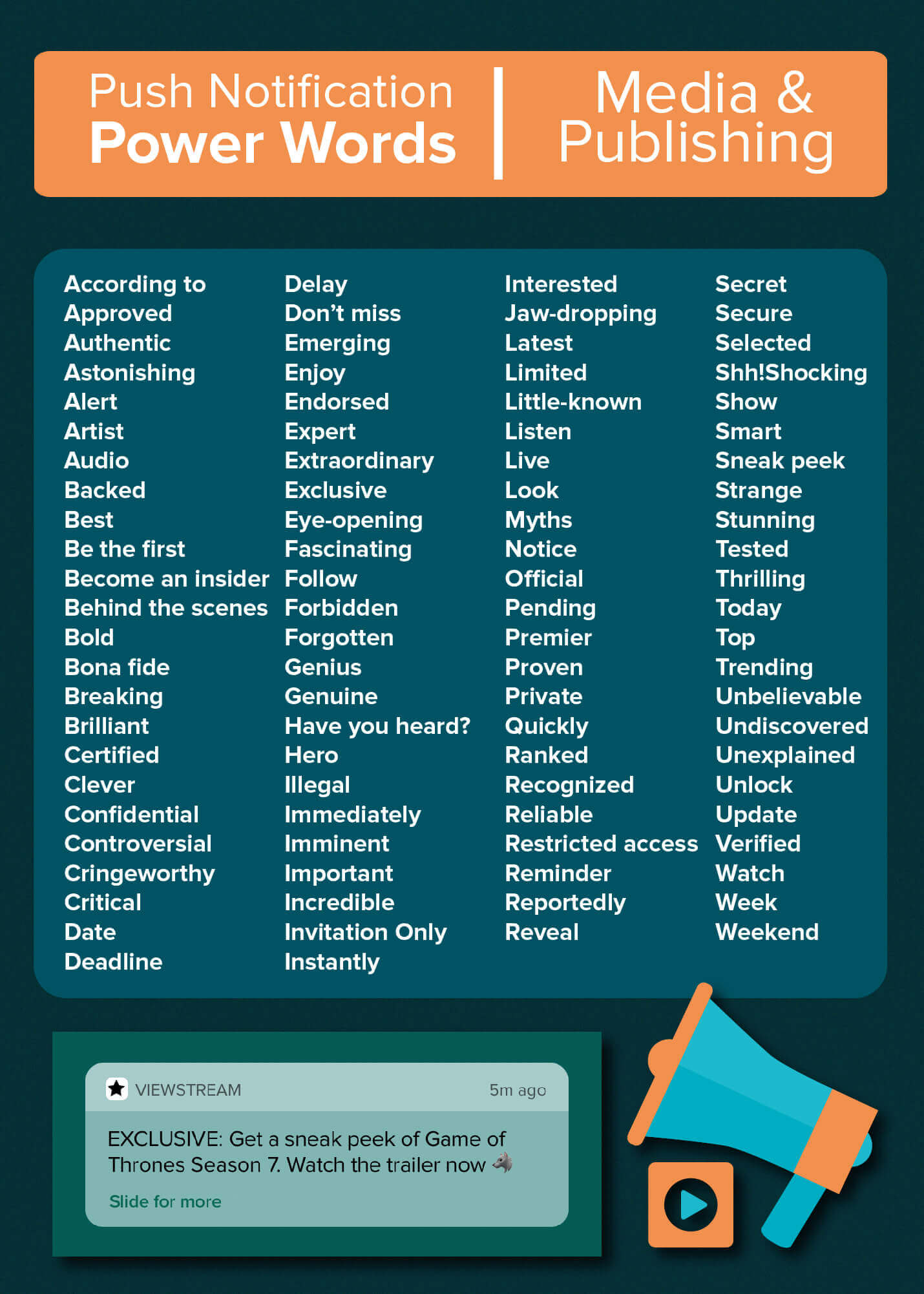
One of the most basic human needs is a sense of control. In evolutionary psychology, control over our environment meant better odds of survival. And part of that feeling of control includes the ability to trust others. Confidence that a companion will warn of approaching danger, or share resources or food.
That same trust extends to users’ relationship with your brand. “Can I believe this information to be true?”
According to a study by the American Press Institute, people are more likely to engage with, pay for, and share content from sources they trust. And companies that successfully earn that trust have a powerful advantage when it comes to earning money and growing their app’s user base.
Another powerful aspect of evolutionary psychology? Curiosity.
Driven by the brain’s reward system, curiosity is fueled by dopamine that’s transmitted by one of the oldest pathways in the brain. The anticipation of learning or interacting with something new is almost impossible to resist — creating a powerful motivator for users to engage with your app.
Power Words for Utility & Delivery Apps
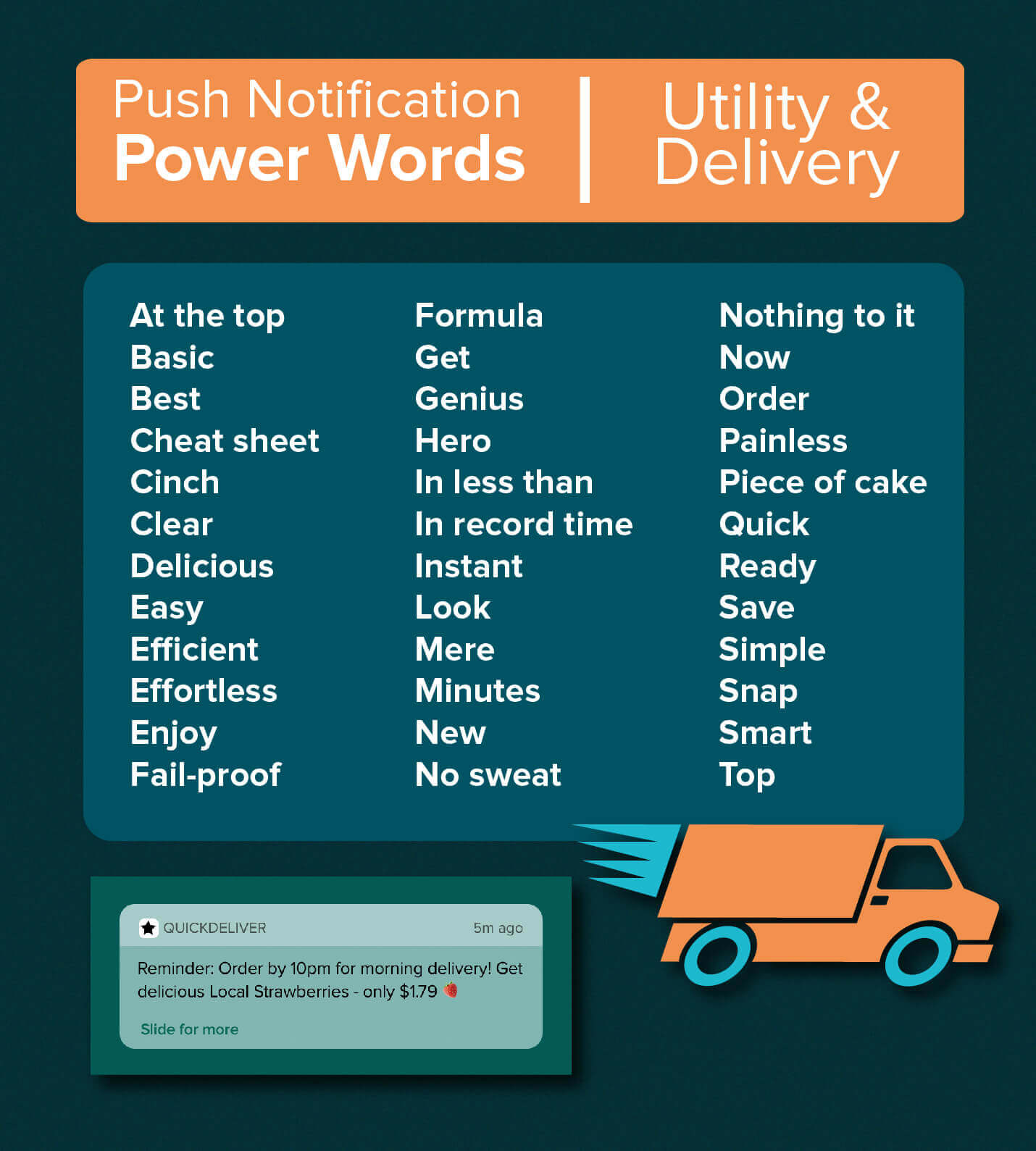
Everyone wants a quick win.
Humans are hard-wired to expend as little effort as possible to achieve a goal. Instant gratification, immediate payoffs, and easy wins are much more appealing.
Most psychological models are based on the “pleasure principle” — the driving force that compels humans to gratify their needs and wants. These needs can be as basic as eating and drinking, or as complex as the need for the latest iPhone.
And when those needs aren’t met, our psychological response is heightened anxiety.
Offering users a shortcut to what they want is an irresistible combination. It satisfies both the pleasure principle and instant gratification.
Power Words for Social Media Apps
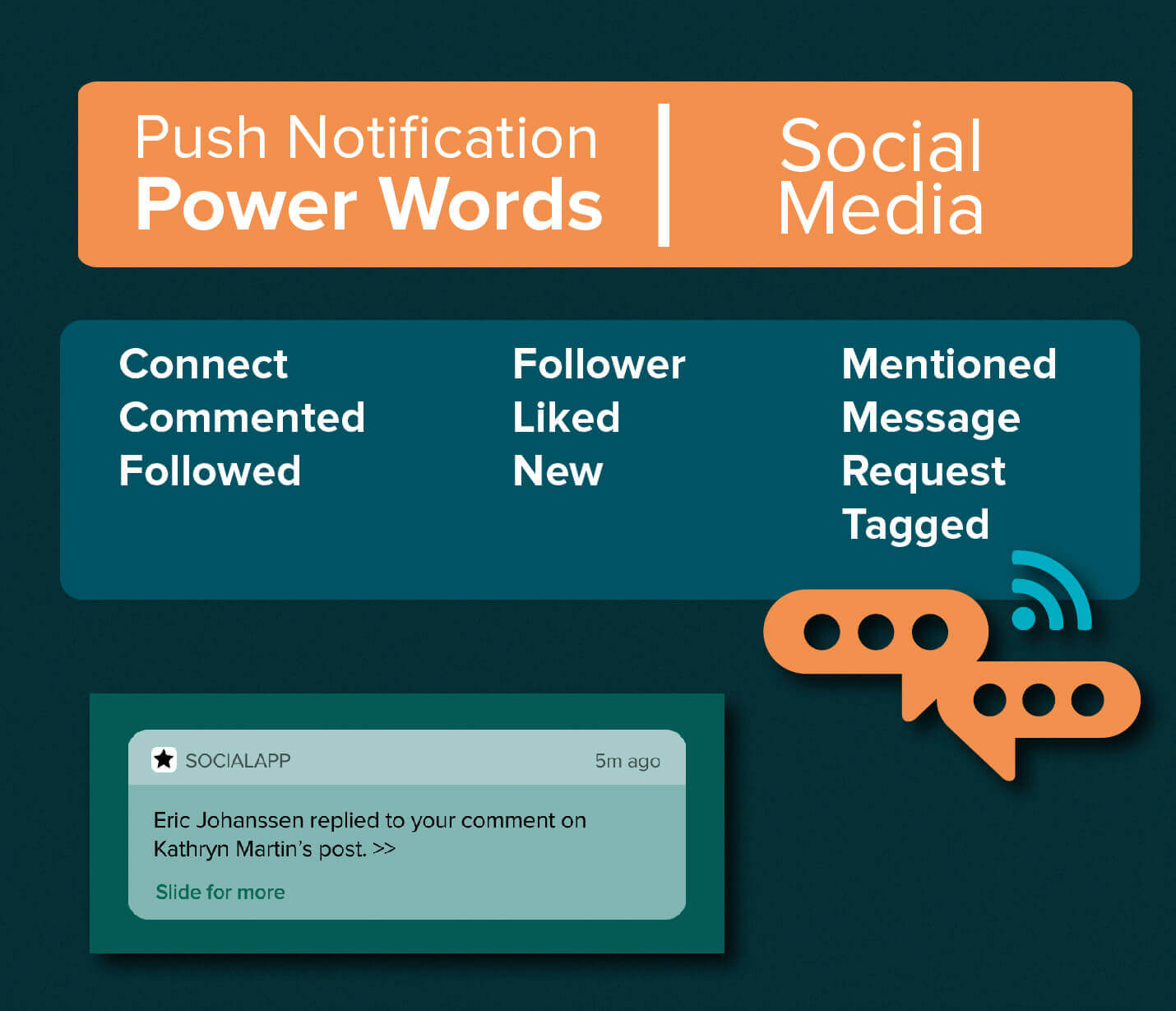
“The same brain areas [that are activated for food and water] are activated for social stimuli,” says Mauricio Delgado, associate professor of psychology at Rutgers University.
Knowing that someone has followed, liked, commented, or connected with you on a social network triggers a release of dopamine in the brain — a powerful neurochemical known as the reward molecule — that impels you to click.
Explore in Depth: 35 Push Notification Best Practices for Dramatically Better Messages
Make Your Power Words Even More Powerful
Personalize
According to recent research examining brain activation, few things light us up quite like seeing our own names.
Customize push campaigns to include a user’s first name, location, language preference, etc. CleverTap’s data shows that personalization can improve CTRs by 94%.
Use Emojis
Studies show our brains actually read emojis as faces. And adding emojis to your push notifications increases open rates by 124%.
Use emojis to quickly convey emotion, brighten your reader’s mood, and keep push messages concise.
Segment Users
Don’t send the same messages to your entire user base. Use browsing/purchase history, feature use, and user habits to send alerts about new products, releases, and content.
For instance, when you add a new album to an artist catalog on your music streaming app, send a notification to users who follow that artist.
Customize Delivery Time
When are users most likely to engage with your push notifications? Make messages less intrusive by optimizing when you send them.
No one wants to be irritated with notifications when they’re sitting down to drinks with a friend or starting a movie. So think about when users are most likely to have both the desire and the ability to act on your message.
Provide Value
Choosing the right power words for your next push campaign comes down to two important questions:
- What action do you want your users to take?
- What emotional state will drive that action?
Understanding your users’ needs and wants is the golden rule of effective mobile marketing. Above all, your messaging should aim to add value to your users’ lives.
So be funny. Be informative. Be genuine. Strive for that, and you’ll master the art of writing effective push notifications that users actually want to receive.
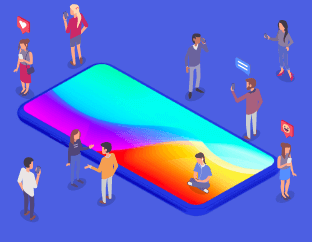
See how today’s top brands use CleverTap to drive long-term growth and retention
Shivkumar M 
Head Product Launches, Adoption, & Evangelism.Expert in cross channel marketing strategies & platforms.
Free Customer Engagement Guides
Join our newsletter for actionable tips and proven strategies to grow your business and engage your customers.

